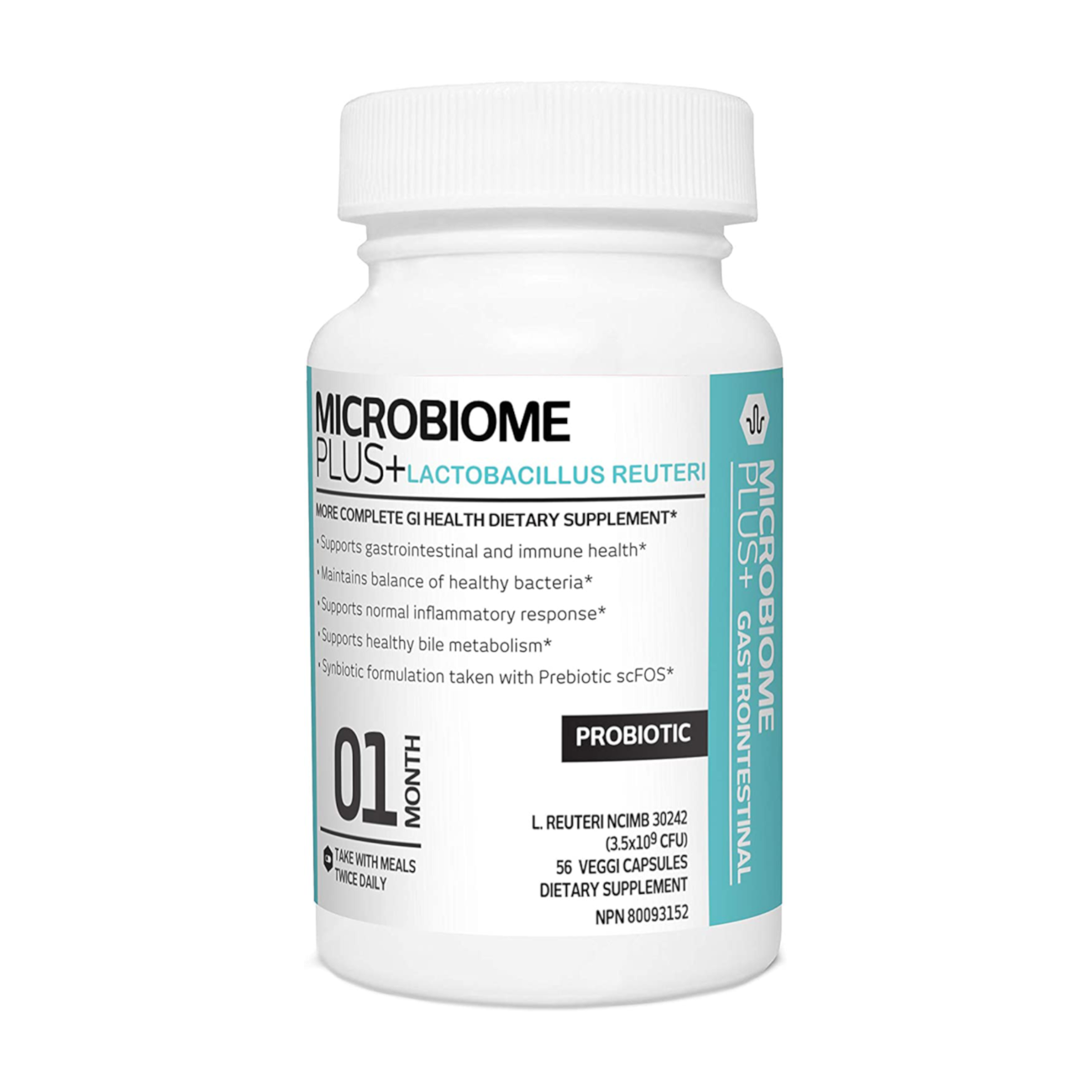Overview
Yeast infections are caused by the overgrowth of a fungus, primarily Candida albicans, hence, also named as vaginal candidiasis. These infections are common, with approximately 75% of women experiencing at least one episode of vaginal candidiasis during the childbearing age, and about half of these women endure a minimum of 1-2 recurrences. The yeasts normally inhabit the vagina in limited amounts in addition to bacterial commensals. However, multiple factors can result in overgrowth of these harmless commensals. Yeast infections cause vaginal soreness, pain during urination, a thick “curdy” vaginal discharge, and vaginal itching and irritation.
Factors that Increase the Risk for Yeast Infections
- Uncontrolled diabetes
- Antibiotics (since they disrupt the normal vaginal flora)
- Poor dietary habits, in particular, excessive consumption of sugar
- Weakened immune system
- Pregnancy (due to hormonal imbalances)
Treatments available
While pharmacological management, safe sex practices, maintaining a good hygiene, and a healthy diet all appear to play essential roles in treating yeast infections, the use of viable lactobacillus strains in alleviating yeast infections is also promising.
How Probiotics Ward off and Treat Yeast Infections?
Although the exact role of probiotics in getting rid of yeast infections is unclear, a few mechanisms have been proposed.
The vaginal pH is normally acidic and the lactic acid-producing bacteria tend to maintain it. These bacteria also keep the growth of the vaginal flora in check.
A study conducted on 33 women with recurrent vaginal candidiasis revealed that a daily administration of Lactobacillus-containing probiotic for 12 months reduced the vaginal symptoms and infection. [1]
The Lactobacillus species preclude the adherence of the yeast to vaginal lining, and thereby fend off the fungi. [2] What mediates this stickiness of Lactobacilli to the vaginal lining? It appears that the presence of some proteins and carbohydrates on the surface of these healthy bacteria accounts for this property of Lactobacilli. [3]
Lactobacilli-containing Probiotics are Women’s Best Buddies
Two Lactobacillus species, specifically, L. rhamnosus and L. reuteri have shown to be highly competent at repopulating the vaginal ecosystem and holding off the unwanted yeasts and bacteria. A controlled trial performed by the researchers at the Lawson Health Research Institute in London demonstrated the potential of these strains to considerably deplete the vaginal yeasts at week 4 as well as replace and preserve the normal urogenital flora after 2 months of the daily oral administration. [4]
Summary
Recurrent yeast infections can lead to significant complications. Hence, timely recognition and management are crucial. The use of probiotics in mitigating vaginal infections is gaining momentum.
Written by:
Dr. Rasheed Huma
References
- Hilton E, Isenberg HD, Alperstein P et al. Ingestion of yogurt containing Lactobacillus acidophilus as prophylaxis for candidal vaginitis. Annals of Internal Medicine. 1992;116(5):353-7.
- Boris S, Suárez JE, Vázquez F, Barbés C. Adherence of Human Vaginal Lactobacilli to Vaginal Epithelial Cells and Interaction with Uropathogens. Infection and Immunity. 1998;66(5):1985-1989.
- Henriksson A, Szewzyk R, Conway PL. Characteristics of the adhesive determinants of Lactobacillus fermentum 104. Applied and Environmental Microbiology. 1991;57(2):499-502.
- Reid G, Charbonneau D, Erb J et al. Oral use of Lactobacillus rhamnosus GR-1 and L. fermentum RC-14 significantly alters vaginal flora: randomized, placebo-controlled trial in 64 healthy women. FEMS Immunology and Medical Microbiology. 2003;35(2):131-4.










